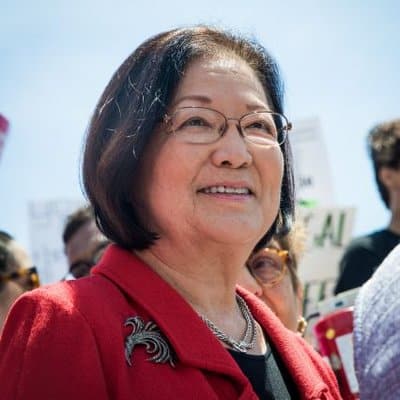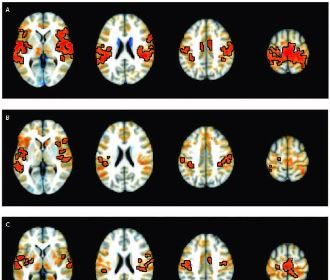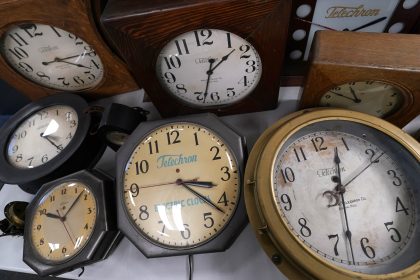Hawaii Senator Seeks to Crack Down on Sex Traffickers

HONOLULU — Sen. Mazie Hirono, D-Hawaii, is continuing to press law enforcement and other officials to stem the rising tide of gender-based violence and sex-trafficking involving Native Hawaiian women and girls.
Recently she traveled back to the big island from Washington for discussion on the issue at the Office of Hawaiian Affairs alongside victims of trafficking and nonprofit leaders who are trying to hammer out an approach to end the crisis.
Despite the fact Native Hawaiians make up only 10.5% of the state’s population, more than two-thirds of its sex trafficking victims — somewhere between 67% and 77% — are Native Hawaiian women and girls.
In her opening remarks at the session, Hirono called this “a huge area of concern” for her.
Hirono’s amendments to the Violence Against Women Act unanimously passed the Senate and were signed into law by President Joe Biden in December.
The senator described the passage of those amendments as the culmination of a multi-year effort. Among other things, they establish a grant program for women and girls who are experiencing gender-based violence.
Still, Venus Rosete-Medeiros, president and CEO of Hale Kipa, a nonprofit in Ewa Beach, Hawaii, that focuses on youth in desperate need, said locating and rehabilitating the victims of sex trafficking in the state remains a challenge.
“That’s because of the brainwashing that’s occurred,” Rosete-Medeiros said. “A lot of times, girls will come in, we’ll work with them, think we’ve stabilized them, only to find them going back to their traffickers.
“There have been times when we’ve had women and girls with us two or three times before they finally realized what had happened to them,” she said.
According to Rosete-Medeiros and other experts on the issue, victims are often groomed and “brainwashed” over an extended period of time, and the most common customers for their services are tourists and military personnel.
“This issue is layered in many different forms of violence,” said Khara Jabola-Carolus, executive director of the Hawaii State Commission on Status of Women and co-chair of the Missing and Murdered Native Hawaiian Women and Girls Committee.
Jabola-Carolus has been advocating for an informational campaign on Hawaii’s 12 military bases inspired by the successful anti-trafficking campaigns carried out in recent years on U.S. military bases in South Korea.
The campaign would include training with local partners and signs highlighting the consequences of sex buying.
“This is not to absolve local men from accountability,” Jabola-Carolus told Hirono at the meeting, noting the military is a unique industry on the islands. “It’s the second largest employer and something you can do something about.”
A recent Sexual Assault Prevention Report from the U.S. Defense Department documented a marked increase in the number of sexual misconduct cases with which the military has been dealing.
In light of the report, Jabola-Carolus suggested Congress should include an amendment to the National Defense Authorization Act mandating an annual report highlighting efforts to combat sex buying by the military.
Survivors weighed in on what can be done to support victims of sex trafficking.
Among them was Kalei Grant, who spent two years in captivity on Oahu.
Grant recommended focusing “on generational healing, what does that look like and how can culture be a protective factor in preventing trafficking in indigenous and Native Hawaiian youth.”
Grant says that incorporating culture in the response to sex trafficking can help give women and girls a sense of community and identity that can break the “invisible chains” of fear luring them back to their perpetrators.
Survivor Ashley Maha’a told the senator, “We need better-paying jobs or we can’t survive, we are trying, we are not asking for a handout, we are asking for help.”
Maha’a recommended victims be given temporary financial stability and resources such as child care, rental assistance, transportation to help get victims on their feet and lawyers to help eliminate charges that stain their records.
Maha’a went on to recount her struggle to break into the workforce. “As a survivor I did not come into the work field or college with the understanding that you could actually get ahead in life.”
She highlighted how important mentorship and higher education is to victims, saying, “We want to do more but there’s nothing for us.”
At the end of the session, Hirono committed to meeting with Hawaiian Gov. Joshua Green to discuss the issue further.
“There’s a lot of work to do, a lot of collaboration needs to happen, but I hope that he will decide this is something that should be on his plate,” she said.

























